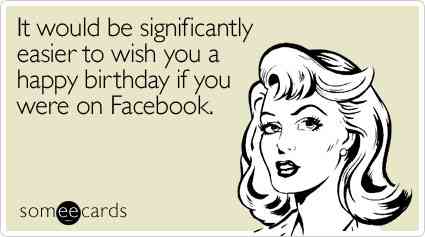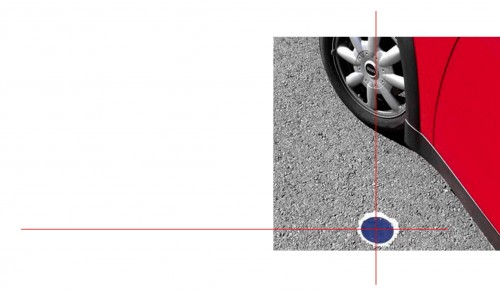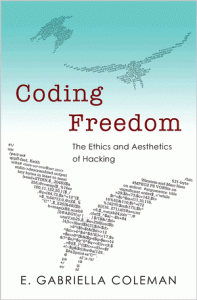(This is the full version of a two-part essay that I posted in October of this year. Here are links to Part I and Part II)
“Well, you saw what I posted on Facebook, right?”
I don’t know about you, but when I get this question from a friend, my answer is usually “no.” No, I don’t see everything my friends post on Facebook—not even the 25 or so people I make a regular effort to keep up with on Facebook, and not even the subset of friends I count as family. I don’t see everything most of my friends tweet, either; in fact, “update Twitter lists” has been hovering in the middle of my to-do list for the better part of a year. And even after I update those lists, I probably still won’t be able to keep up with everything every friend says on Twitter, either.
I feel guilty when I get the “You saw what I posted, right?” question. I feel like a bad friend, like I’m slacking off in my care work, like I’m failing to value my important human relationships. Danah boyd (@zephoria) was talking about something similar in October of this year at “Boom and Bust“—about how social networking sites create pressure to put time and effort into tending weak ties, and how it can be impossible to keep up with them all. Personally, I also find it difficult to keep up with my strong ties. I’m a great “pick up where we left off” friend, as are most of the people closest to me (makes sense, right?). I’m decidedly sub-awesome, however, at being in constant contact with more than a few people at a time. more...







